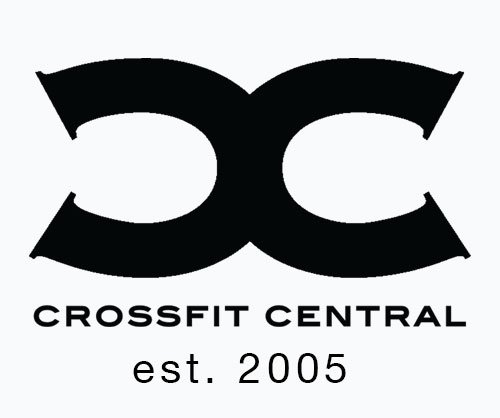Supplements for Recovery
Supplements, to take them or leave them, that is the question. Can we get everything we need from our whole food choices? A holistic viewpoint can be described as, do not divide the part from the whole, meaning only ingest your required omega 3’s from eating the fish. But is that realistic? A realistic view may be more in line with, even the healthiest among us can be eating a healthy diet and still be lacking in vital nutrients and minerals.
“Supplements” is a significant umbrella term and can be everything from fiber and omega 3 fatty acids to vitamin d and zinc. Each can play an important part in improving our overall health and wellness.
There are many supplements we support, when it comes to aiding in recovery. Our team has a few favorites! Below are our some top picks for recovery.
Remember, consult your physician and have your biomarker levels checked to pinpoint your specific needs.
BCAAs
BCAAs, or Branched Chain Amino Acids, are some of the building blocks of protein. There are nine essential amino acids that make up different proteins in our body. They are considered “essential” because our body does not produce them; we get them through our diet or supplementation. Of the nine essential amino acids, there are three BCAAs (leucine, isoleucine, and valine) that have been proven to improve muscle growth, reduce muscle soreness, and reduce exercise fatigue. All can be found in foods like beef, chicken breast, eggs, and canned tuna. Many people choose to supplement BCAAs either in a high quality protein shake or capsule.
Hydration
Hydration is key! When you exercise you lose important electrolytes that need to be replenished. Proper hydration post-workout aids in muscle repair, heart rate recovery, and reducing fatigue. Add sea salt to your water or try an electrolyte replenisher like LMNT, Nuun or Liquid IV.
L-Theanine
What is L-theanine? L-theanine is an amino acid that is found in tea leaves. It was identified in tea by Japanese scientists in 1949. While tea is the most common dietary source for L-theanine, this compound is also found in some types of mushrooms. L-theanine promotes relaxation and facilitates sleep by contributing to positive changes in the brain. It helps modify brain waves by increasing alpha-wave production. It also enhances brain neurotransmitters involved in stress management.
Magnesium
There are many forms of magnesium but the one you are looking for when it comes to recovery and sore muscles is magnesium glycinate. Studies have shown that magnesium glycinate has the ability to reduce muscle soreness. One of our favorite ways to use magnesium for recovery is an Epsom salt bath. This is magnesium sulfate and has been shown to reduce muscle soreness, aid in improving sleep, and calm the mind.
CBD
In the right doses, CBD has been shown to cool the body temperature (great for sleep), decrease anxiety, and decrease inflammation. Be sure to research the brand you choose, not all brands are created equally. Make sure you are getting the right dosage and purity.
One to Try: Ashwagandha
Ashwagandha, an herb, contains chemicals that may help calm the brain, reduce swelling, lower blood pressure, and bolster the immune system. Since ashwagandha is traditionally used as an adaptogen, it is used for many conditions related to stress. Adaptogens are believed to help the body resist physical and mental stress.
https://www.ncbi.nlm.nih.gov/pmc/articles/PMC3252722/
In review, having a few tools such as these supplements in your repertoire that assits with control of stress in real-time, as well as help prevent long-term stress and increase wellness and fitness is key to overall recovery time. As always, seek the advice of trained medical experts and listen to your body.
More
Dr. Matthew Walker, The Science and Practice of Perfecting Your Sleep
Cannabidiol (CBD) What we know and what we don't
Efficacy of tart cherry juice in reducing muscle pain during running: a randomized controlled trial
Effects of Magnesium Supplementation on Muscle Soreness and Performance
